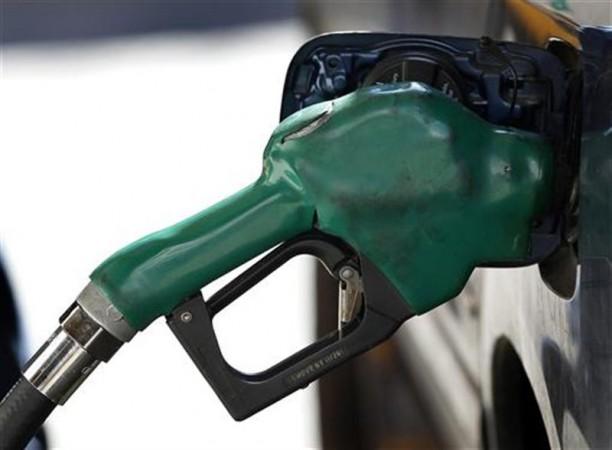
India is expected to save nearly ₹1.50 lakh crore in the current financial year from falling global crude oil prices arising from continued excess supply.
A prolonged oversupply situation reduced the average cost of crude oil imported by India to $61.50 per barrel in the April-June quarter of 2015-16, down from $84.10 a barrel in the corresponding quarter a year ago.
According to the government's Policy Planning and Analysis Cell, India's oil import bill is estimated to come down to $88.20 billion in 2015-16, down about 22% from $112.70 billion in 2014-15.
The country meets about 80% of the domestic oil needs from imports.
With the global oil market going through one of the longest periods of excess supply, savings accruing to India from such situation will be equal to the central government's expenditure on school education, health, women and child development programmes and rural employment schemes, The Economic Times reported.
The government is estimated to spend approximately ₹120,452 crore on such programmes.
The savings are estimated to soar further, as there is no indication from oil producers to cut supply despite concerns over Greece debt crisis and oil exports by Iran.
Lifting of sanctions by Western powers on Iran's nuclear programme could see oil exports from the country adding to an oversupplied market, dragging oil prices down further.
The demand imbalance in the international crude oil market has been in place for the past four quarters. Crude oil prices got more than halved since June last year, as oversupply issues weighed on prices.
The Paris-based International Energy Agency (IEA) has forecast the oversupply situation to continue in the third quarter also, resulting in the longest period of global oil supply glut since the Asian economic crisis of 1997. During the crisis, excess supply was witnessed for around six quarters.
Nevertheless, the savings will not go directly to the Modi government's coffers but benefit oil refining companies such as IndiaOil, Reliance Industries and others.
The government will gain from lower crude oil prices, as it will bring down its subsidy bill.

















